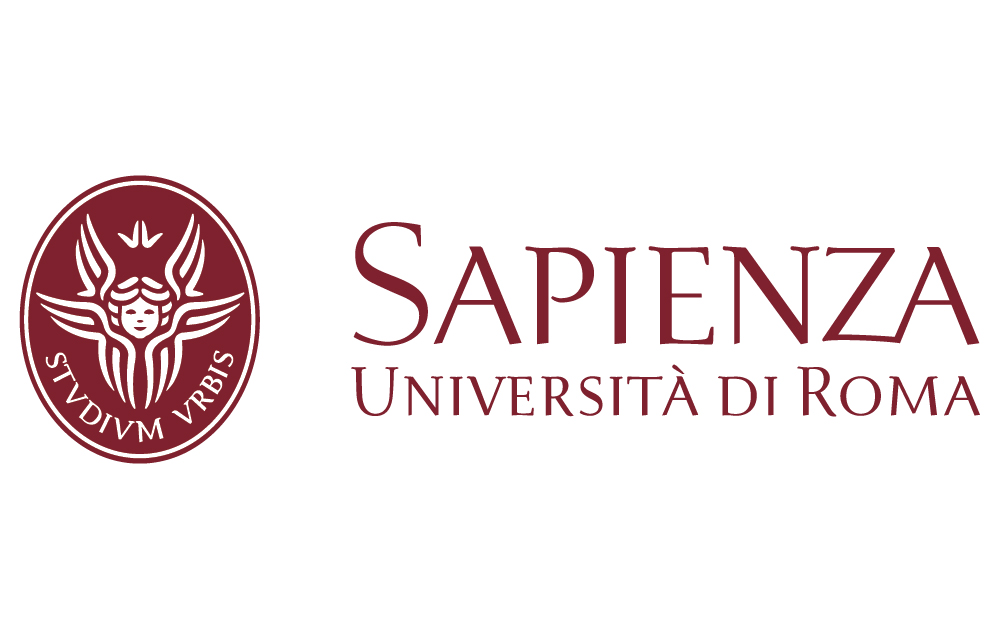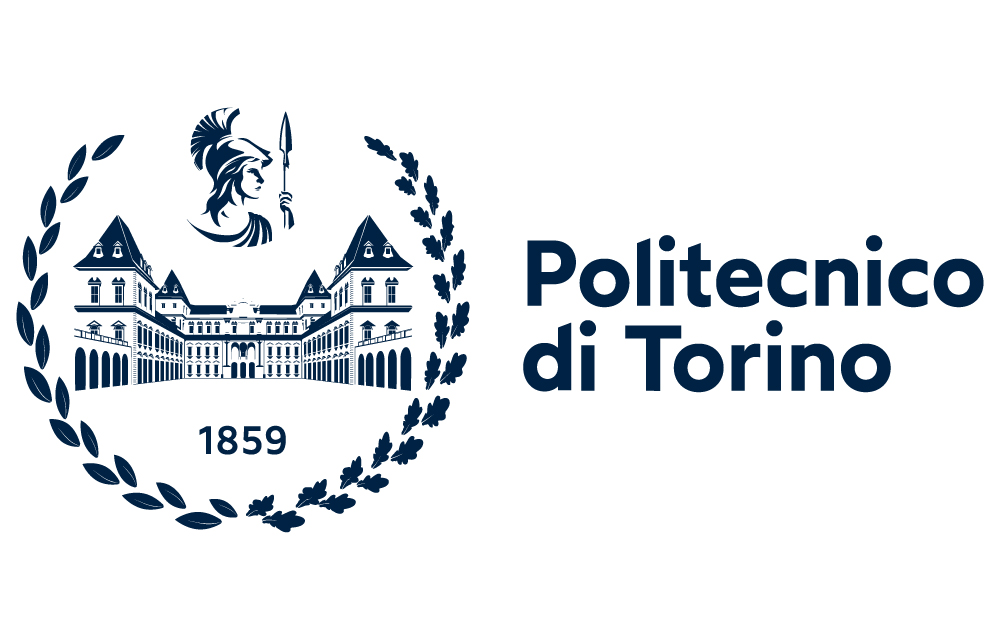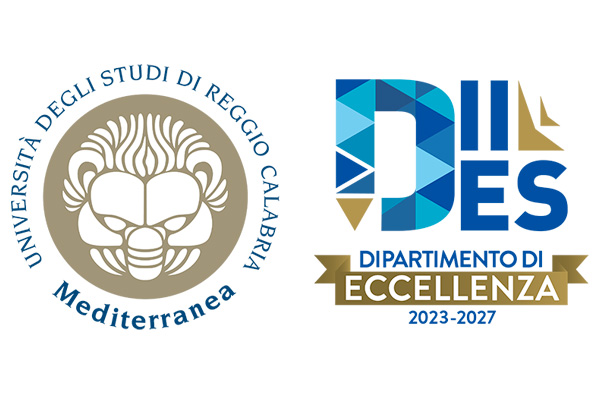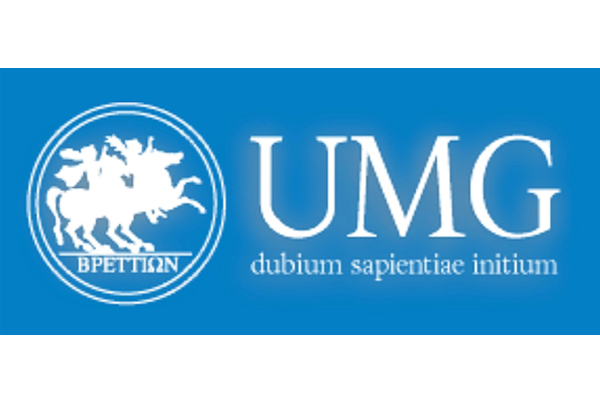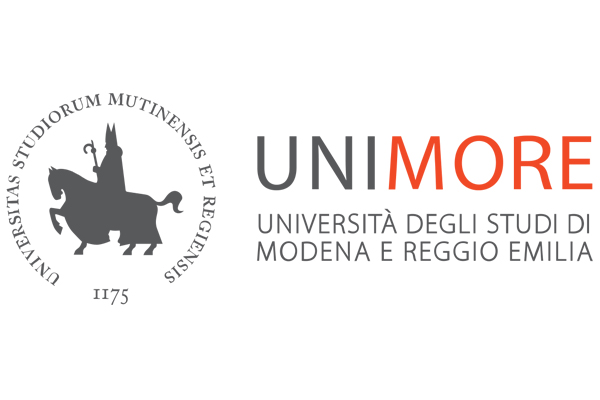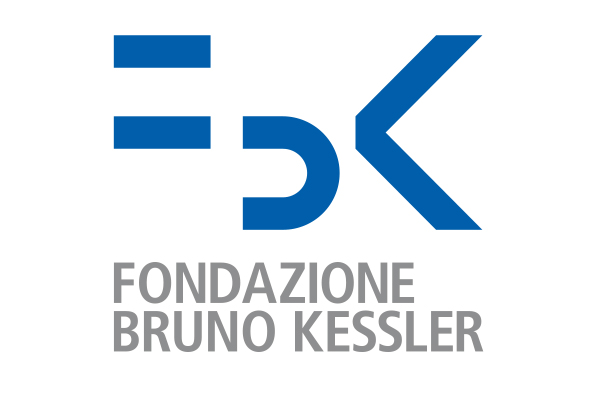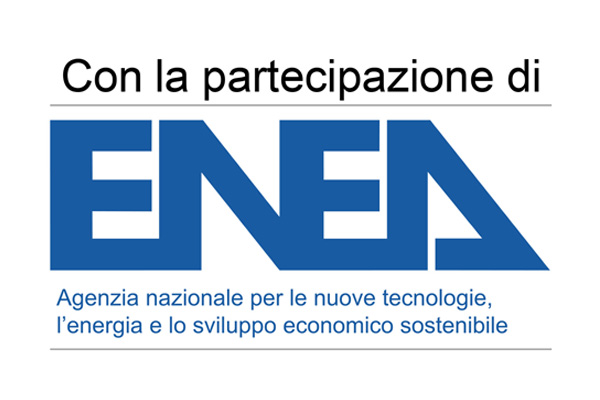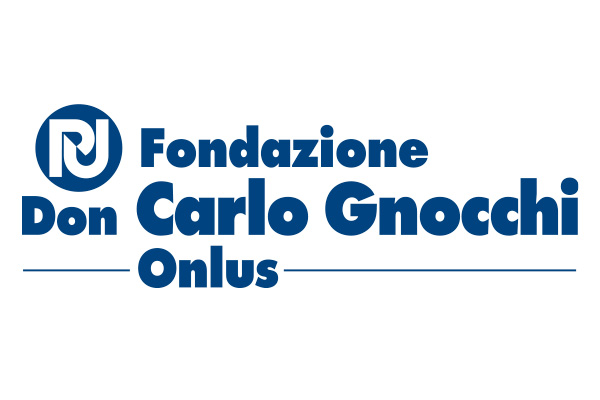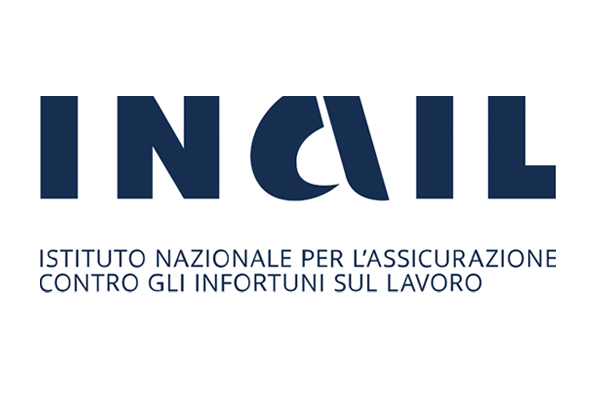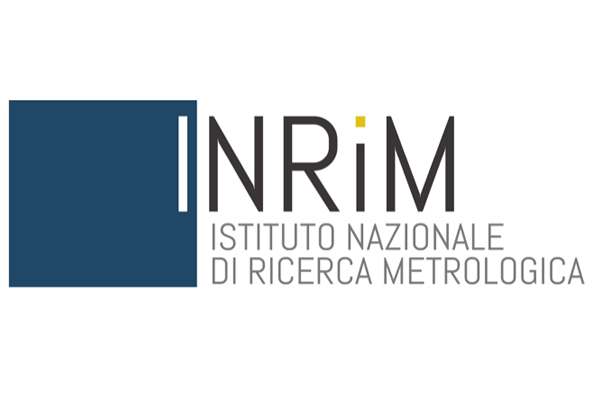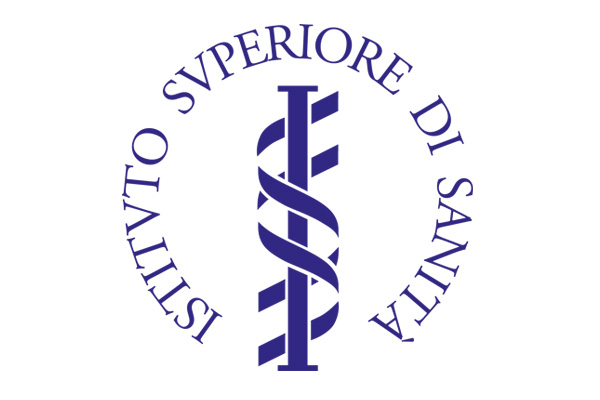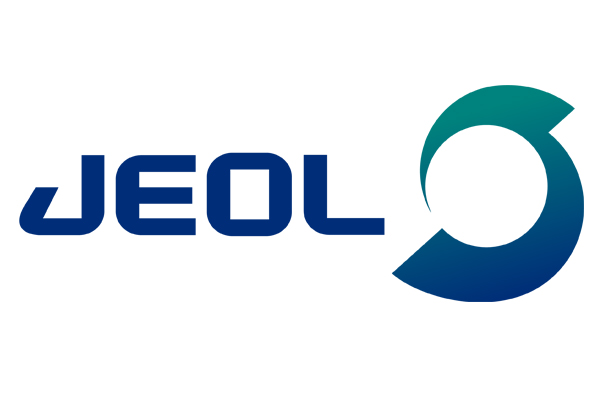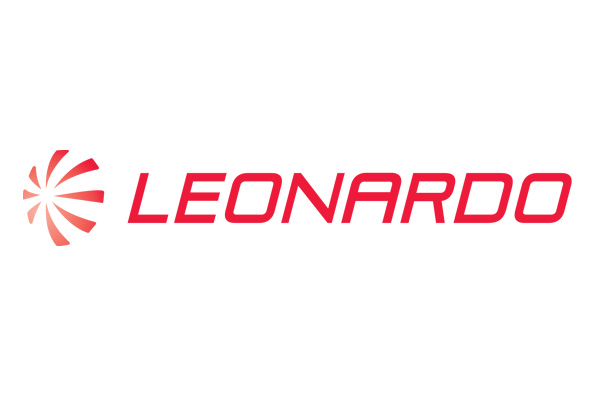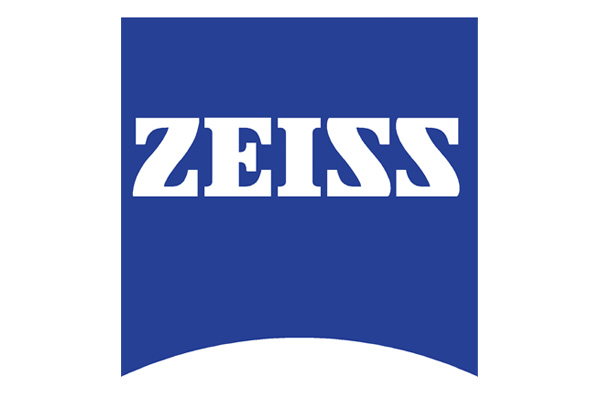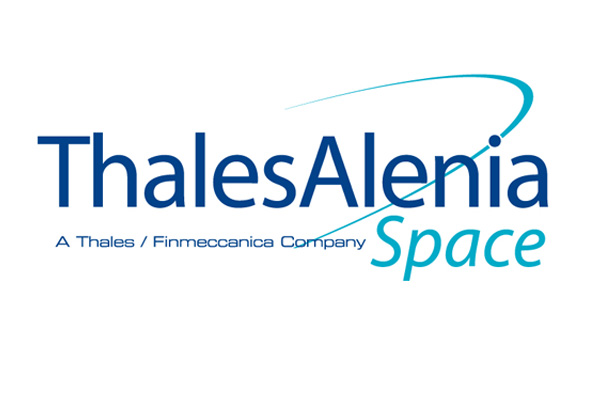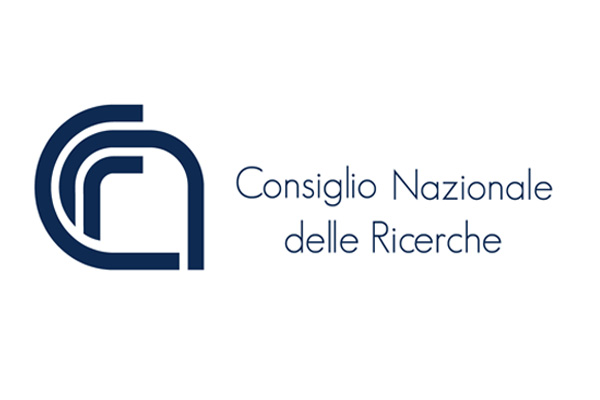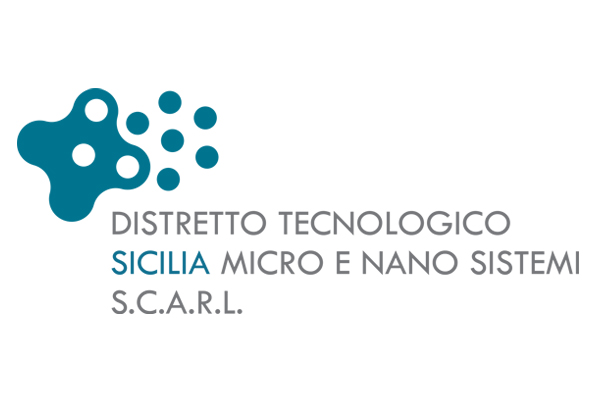updated on September 3, 2023
|
WS.I BRIDGING THE GAP BETWEEN ATOMISTIC MODELING AND CONTINUUM MECHANICS September 20 |
|||
| go to detail | |||
| Co-organized with: | |||
 |
|||
|
WORKSHOP COMMITTEE: Patrizia TROVALUSCI, Sapienza University of Rome |
|||
| The workshop "Bridging the Gap between Atomistic Modeling and Continuum Mechanics" aims at exploring the challenges and opportunities in connecting two fundamental approaches in materials science and engineering. Atomistic and continuum modeling are both widely used to study the behavior of materials at different length and time scales. Atomistic modeling offers a detailed understanding of the material behavior at the atomic level, while continuum mechanics provides an efficient macroscopic view of the material properties and behavior. Despite their differences, these two approaches can be complementary in providing a comprehensive and efficient understanding of materials behavior. By combination of atomistic and continuum descriptions, one can benefit from the efficiency of continuum description while preserving the accuracy of detailed atomistic modeling. However, bridging the gap between atomistic simulation and continuum modeling requires overcoming several challenges, such as the lack of direct communication between the two approaches, and the difficulty of reconciling the different scales and assumptions used in each method. This dichotomy can be by-passed by resorting to multiscale procedures allowing to preserve memory at the continuum macroscopic scale of the material internal structure (at the micro/nano scale). Particular attention will be devoted to non-standard/non-local continuous ormulations, in order to account for the material internal lengths and to deal with scale effects. The minisymposium will bring together researchers and practitioners from different fields to present their recent work, discuss the latest developments, and share their experiences in bridging the gap between atomistic simulation and continuum modeling. The general aim is to foster a better understanding of the strengths and limitations of both atomistic simulation and continuum modeling and to explore new ways to integrate the two approaches to advance our knowledge of materials behavior. The symposium will also provide a platform for networking and collaboration among researchers, practitioners, and industry professionalsinterested in this exciting and rapidly evolving field. | |||
|
WS.II EMERGING MATERIALS AND TECHNOLOGIES FOR A SUSTAINABLE SOCIETY September 20 - 21 |
||||||
| go to detail | ||||||
| Co-organized with: |
||||||
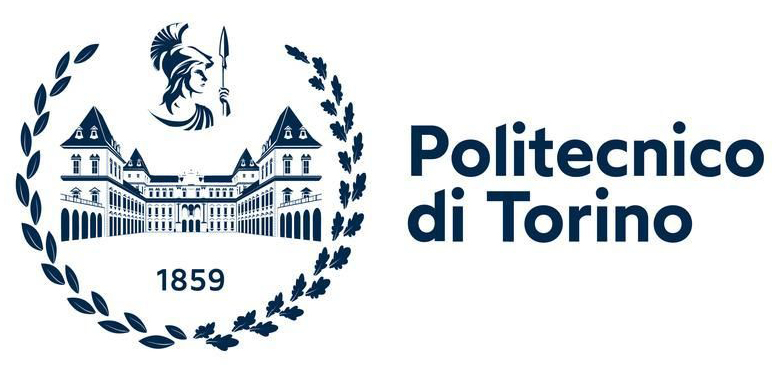 |
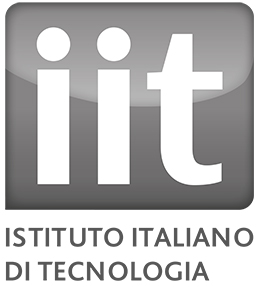 |
 |
||||
|
WORKSHOP COMMITTEE |
||||||
|
The workshop "Emerging materials and technologies for a sustainable society" aims at bringing together researchers, academics, and representative from the industrial world and civil society from various fields to explore the latest developments and prospects of emerging materials and technologies in promoting sustainability. The workshop will cover a wide range of topics, including but not limited to nanomaterials, hydrogen for future mobility, advanced manufacturing, renewable energy technologies, and smart materials. The workshop seeks to promote interdisciplinary collaboration and exchange of ideas to address the pressing challenges of sustainability and help create a more sustainable society. Through invited presentations and interactive discussions, the workshop will provide a platform for participants to share their knowledge and experiences, learn about the latest advancements in the field, and identify new research opportunities and future directions. |
||||||
|
WS.III NANOTECHNOLOGY-BASED INNOVATIVE APPROACHES IN AGRICULTURE September 21 |
||||||||||
| go to detail | ||||||||||
| Co-organized with: |
||||||||||
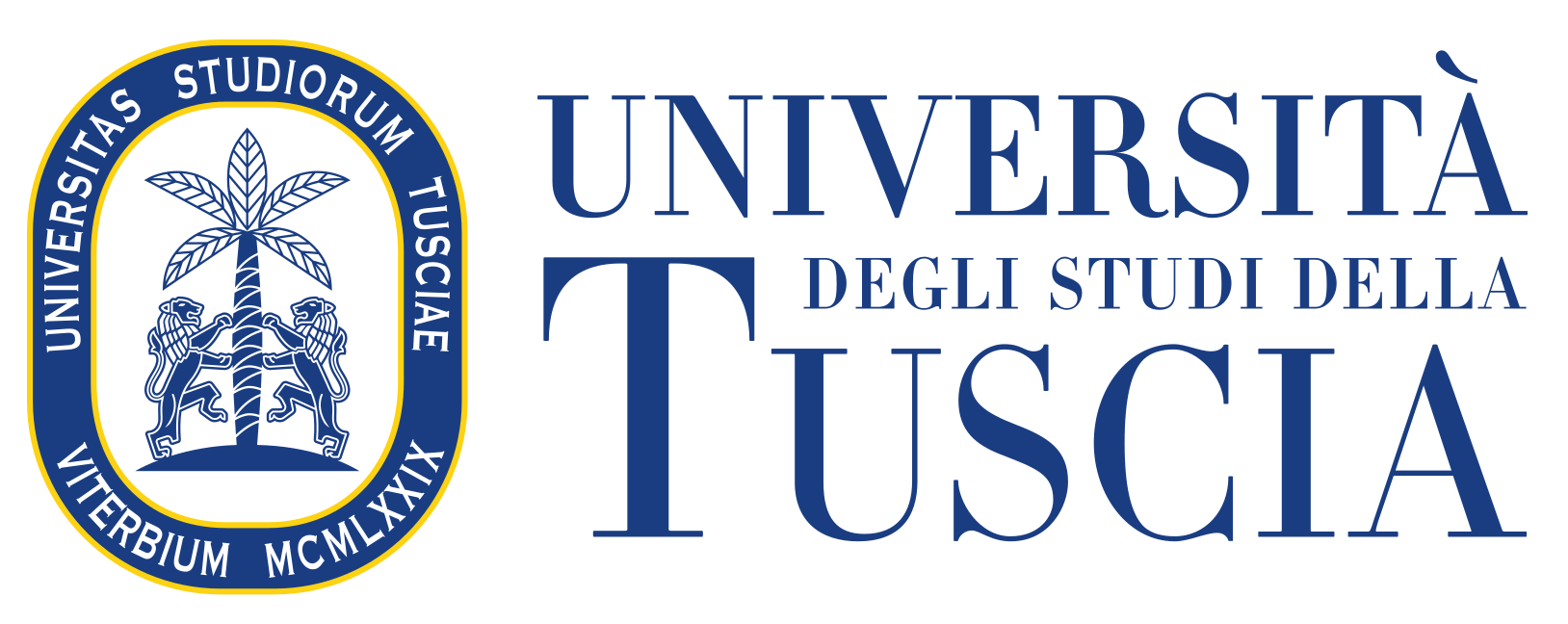 |
 |
|||||||||
|
WORKSHOP COMMITTEE |
||||||||||
| Under the patronage of | ||||||||||
 |
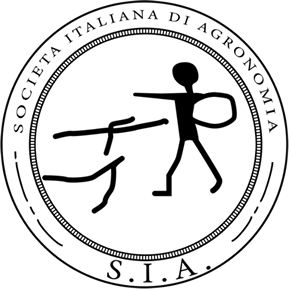 |
|||||||||
| With the world’s population expected to exceed nine billion by 2050, scientists are working to develop new ways to meet rising global demand for food, energy and water without increasing the strain on natural resources and the environmental pressure. Organizations including the World Bank, and the U.N. Food and Agriculture Organization, as well as the EU F2F and Green Deal strategies are calling for more innovation to address the challenges of the agri-food sector. The development of nano-based techniques in agriculture has been started very recently; they will be implemented within the evolving science of precision agriculture, in which farmers use technology to target their use of water, fertilizer, plant protection products and other inputs. A second, broad potential application concerns the issues of reduction and valorization of agri-food wastes. The introduction of nanotechnologies in agriculture still need deepen basic and applied knowledge, however several promising results were achieved, so far. A huge development is taking place in this sector, therefore nanotech applications currently under development will soon be overtaken by other ideas that are expected to contribute to solve several issues in the field of sustainable agriculture. NanoInnovation 2023 hosts the 7th edition of the workshop “AgriNanoTechniques” co- organized by the Universities of Tuscia and Udine. The workshop will be the forum for discussing the perspective of nanotechnologies in the primary sector among the stakeholders and scientific research. | ||||||||||
|
WS.IV HIGH SOCIOECONOMIC IMPACT TECHNOLOGIES FOR THE GREEN AND DIGITAL TRANSITION September 21 |
|||||
| go to detail | |||||
| Co-organized with: |
|||||
 |
 |
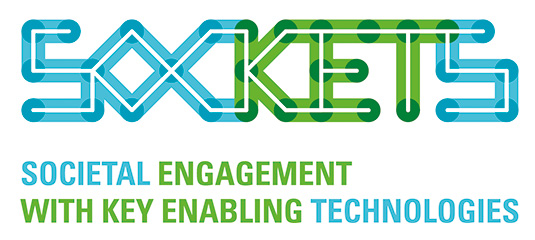 |
|||
|
WORKSHOP COMMITTEE |
|||||
|
NanoItaly association and Airi organize the eight edition of the NanoInnovation Conference, in cooperation with numerous co-organizers, including several Airi members. Airi promotes a set of events with a thematic approach: new technologies for digital and green transition that impact on people and firms’ everyday life, underlying how a responsible approach can help to combine economic, environmental, and social aspects to reach sustainability. The events will offer an opportunity to showcase results of Airi EU projects, including SocKETs, TechEthos and REPOXYBLE. The first symposium focuses on the role of Italy in IPCEI (Important Projects of Common European Interest), discussing those ongoing and approved on microelectronics, ICT, hydrogen, batteries and healthcare. The second aims at exploring the use of Web 3.0 and blockchain technologies in different industrial research value chain, and stimulating a discussion on the legal and socio- economic implications of an epochal phenomenon: the digitization of information, and creation of digital assets of physical data and products. The third showcases applications of advanced materials and manufacturing processes, and their combination with digital technologies, in the construction and built environment sector. There are growing co-creation, cooperation and funding opportunities to drive more innovative and sustainable approaches in these sectors. |
|||||
|
WS.V TACKLING GLOBAL CHALLENGES WITH ELECTROSPINNING September 22 |
|||||
| go to detail | |||||
| Co-organized with: |
|||||
 |
|||||
|
WORKSHOP COMMITTEE |
|||||
|
Electrospinning is internationally recognized as one of the key nanotechnologies of the future. It is currently the most economical, versatile and efficient technology for manufacturing both highly porous membranes, nano and/or microfibers and nano/microparticles. It allows to design nanofibrous matrices, starting from polymeric solutions, with multiple shapes (hollow, core-shell, nanocomposite, hybrid, porous, smooth, filiform, slice-like) and 2D- and 3D architectures. |
|||||
| |
|
WS.VI TOWARD INDUSTRIAL APPLICATION OF THE SAFE AND SUSTAINABLE BY DESIGN (SSBD) APPROACH September 22 |
|||||
| go to detail | |||||
| Co-organized with: | |||||
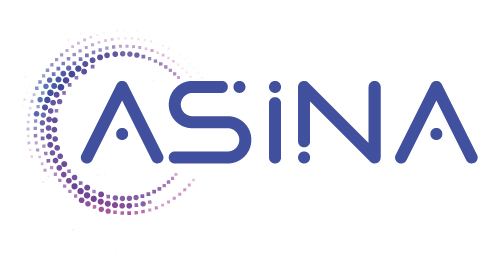 |
 |
 |
 |
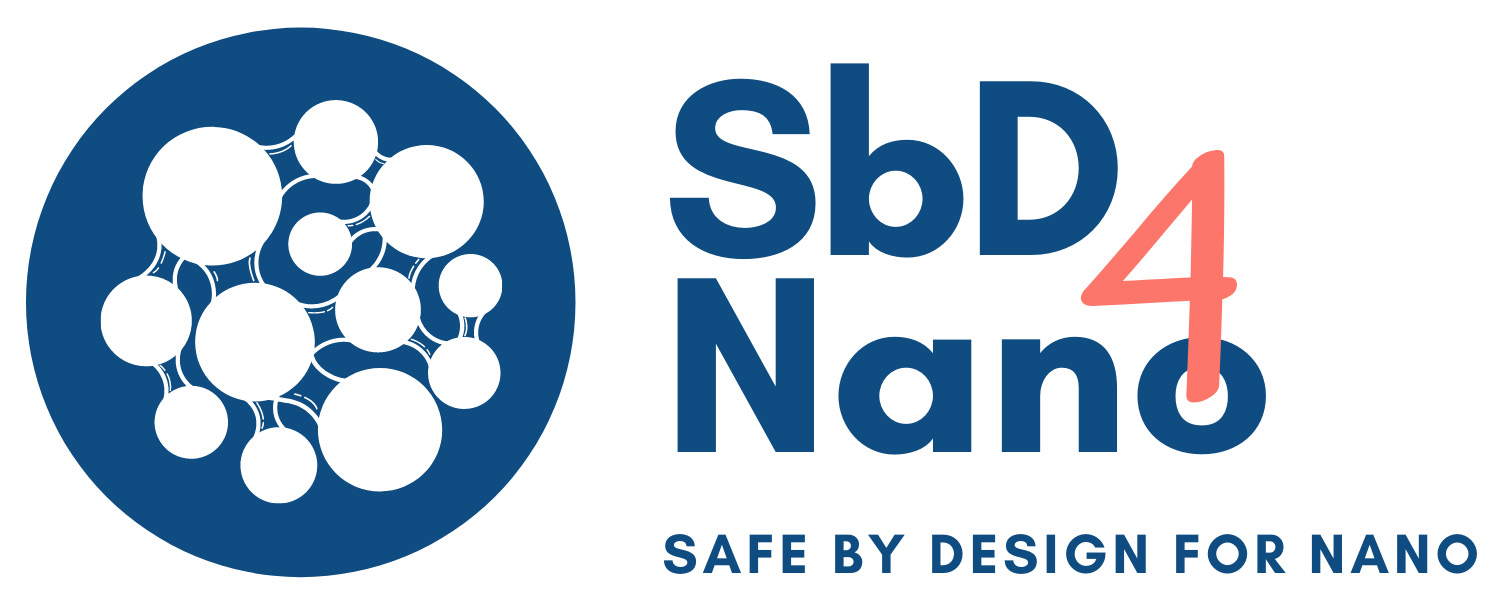 |
 |
|
WORKSHOP COMMITTEE |
|||||
|
The safety and sustainability of chemicals and materials and their applications are a cornerstone of current EU policy and industrial strategies. Frameworks and criteria for the practical implementation of SSbD approaches have been published by the OECD, European Commission, and industrial actors, such as CEFIC. These will increasingly become premium aspects to access funding and contracts and are a prerequisite to developing products aiming to fulfil sustainable development goals. The workshop, organized within the NanoInnovation Conference, will showcase experiences and activities at the European level on the development of advanced materials following the Safe and Sustainable by Design approach in key industrial sectors: chemical, plastics, cosmetics, textile, aeronautical, and automotive. Case studies and exploitable results from the European Projects: ASINA, SABYDOMA, SAbyNA, and SbD4Nano will be presented, together with foreseen activities from the REPOXYBLE project. Strategies for deployment and exploitation of SSbD methods, processes, and products developed bythese projects will be discussed with R&I players and industrial stakeholders. The workshop is open to both innovators and risk managers in research organizations, companies, institutions, and other organizations active and interested in the safety and sustainability of advanced materials, nanomaterials, and related products. |
|||||
|
WS.VII ELECTROCHEMISTRY AND NANOSCIENCES: A POWERFUL SYNERGY FOR THE SUSTAINABLE PROGRESS IN ENERGY STORAGE AND INDUSTRIAL PROCESSING September 22 |
|||||
| go to detail | |||||
| Co-organized with: | |||||
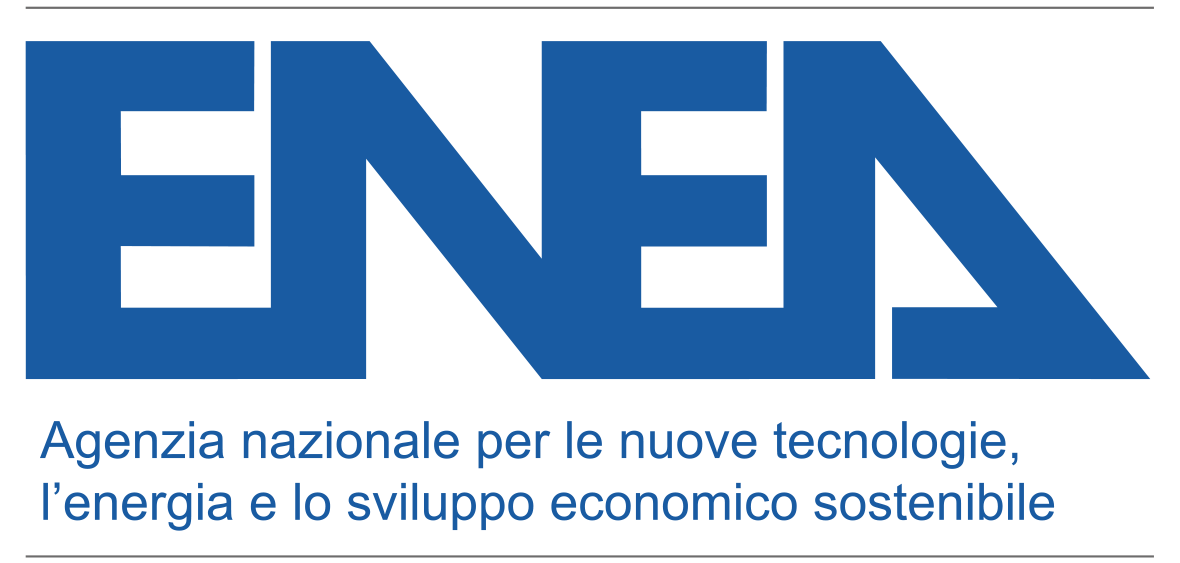 |
 |
||||
|
WORKSHOP COMMITTEE |
|||||
|
Recently the Electrochemical Science revealed to be central in the ambits of energy transition, sustainability, circularity and decarbonisation through various research activities: electric energy production (electrochemical and fuel cells), storage (batteries), surface processing (electroplating) and sensing/imaging of the electrochemical activity of surfaces. The most important developments in such areas are consequential to the progresses in the science of the nanomaterials. For this reason it appears appropriated to dedicate a topical session on electrochemistry at NANOINNOVATION, which focuses on the aspects of energetics and industrial processing considering the most recent developments in nanosciences. In this context the electrochemical storage represents one of the key technologies to enable the energy transition process for the progressive detachment from an economy based on fossil fuels in favor of an energy mix of renewable energies. R&D activities in the development of innovative storage systems, both for stationary applications and for electro-mobility, play a key role towards the increase of the use and penetration of renewable sources in the country's energy system. The study, the optimization and the characterization (both experimental and theoretical) of innovative and frontier materials for battery components play a fundamental role for the development of batteries of the future (new chemistries) and for increasingly sustainable and secure. The European Commission has launched a series of initiatives to strengthen the European value chain of batteries, with a view to greater competitiveness and independence from dominant foreign markets. These initiatives aim to cover all levels of technology maturity with the final aim of building new European battery giga-factories. |
|||||
|
WS.VIII THE ROLE OF HYDROGEN IN THE ENERGY TRANSITION ROAD MAP September 22 |
|||||
| go to detail | |||||
| Co-organized with: | |||||
 |
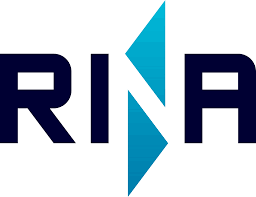 |
||||
|
WORKSHOP COMMITTEE |
|||||
|
In a time marked by the urgent requirement to move towards more environmentally friendly energy solutions, hydrogen emerges as a key player in reshaping the global energy landscape. This workshop aims to examine various aspects of hydrogen utilization, highlighting initiatives such as Hydrogen Valley and other innovative projects that demonstrate a commitment to innovation and environmental responsibility. Given the growing concerns about the environment and the diminishing availability of fossil fuels, this workshop offers a comprehensive journey through the hydrogen value chain. Our exploration begins with a thorough examination of the pioneering Hydrogen Valley project. This initiative showcases Italy's dedication to fostering a greener energy future, and we will delve into its strategic vision, challenges faced, and achievements attained thus far. Digging deeper, the workshop emphasizes the critical importance of fundamental research within the hydrogen value chain. Basic research serves as the foundation for hydrogen-based technologies, guiding us towards efficient and sustainable energy solutions. Participants will gain insights into the essential role of basic research, understanding how it informs the development of advanced technologies, improves efficiency, and enhances the overall viability of hydrogen as an energy source. The workshop also delves into the analytical realm of process modeling within the hydrogen value chain. Through advanced modeling techniques, we will uncover the complex interplay of variables, illustrating how these processes can be optimized for greater efficiency, reduced environmental impact, and improved economic viability. This workshop offers a comprehensive exploration of hydrogen's multifaceted role in the energetic transition, covering historical perspectives, ongoing projects, foundational research, and advanced modeling. Participants will gain a holistic understanding of how hydrogen is driving the decarbonization agenda and shaping the future energy landscape. |
|||||
|
WS.IX NANOETHICS: NAVIGATING ETHICAL CHALLENGES IN THE NEW RESEARCH AND INNOVATION AGE September 20 |
|||||
| go to detail | |||||
| Co-organized with: | |||||
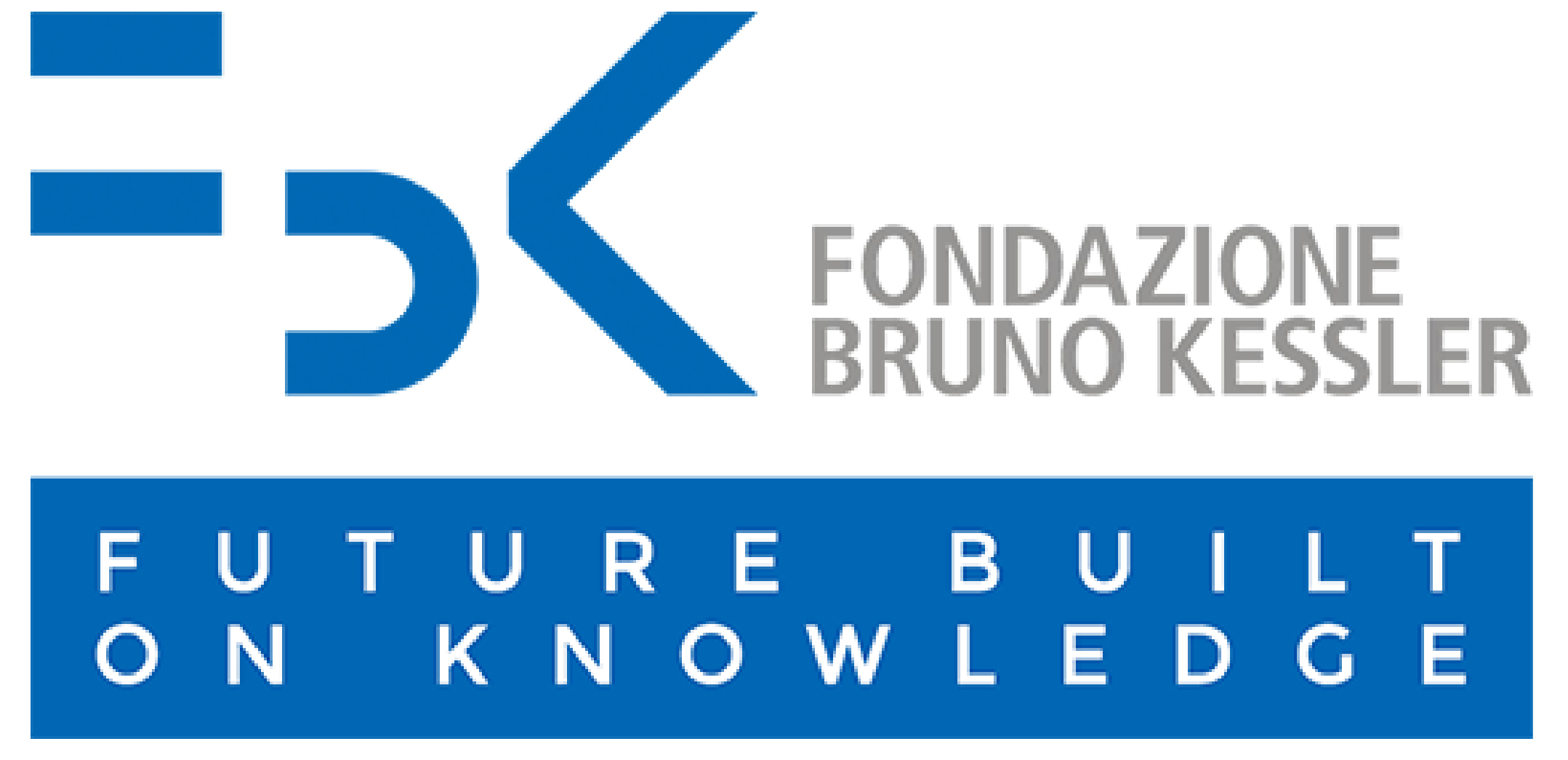 |
|||||
|
WORKSHOP COMMITTEE |
|||||
|
As research and innovation continue to thrive in the dynamic landscape of the current age, the need for ethical considerations has become increasingly important. This workshop aims to explore the diverse and complex ethical dimensions inherent in contemporary research and innovation practices. By addressing the ethical implications across various domains, the workshop will provide participants with a comprehensive understanding of the challenges and opportunities that arise in the pursuit of responsible and impactful research and innovation. The workshop will bring together a diverse group of researchers, practitioners, and stakeholders engaged in interdisciplinary fields, including nanotechnology, quantum science, artificial intelligence, biotechnology, emerging technologies and experts in ethical issues. Through thought-provoking talks, interactive discussions, and case studies, participants will examine ethical frameworks, best practices, and guidelines that can guide responsible conduct in research and innovation.
The workshop aims to foster a collaborative and interactive environment, enabling participants to share insights, experiences, and innovative strategies for addressing ethical challenges in research and innovation. By actively engaging in discussions, participants will gain a deeper understanding of the ethical implications in their respective fields and contribute to the development of ethical frameworks. As closing step of the a round table between interdisciplinary key players of Ethic Research advancement and Innovation will be held. Keywords: ethics, research, innovation, emerging technologies, responsible conduct, renovability, human-centric design, interdisciplinary collaboration. |
|||||

